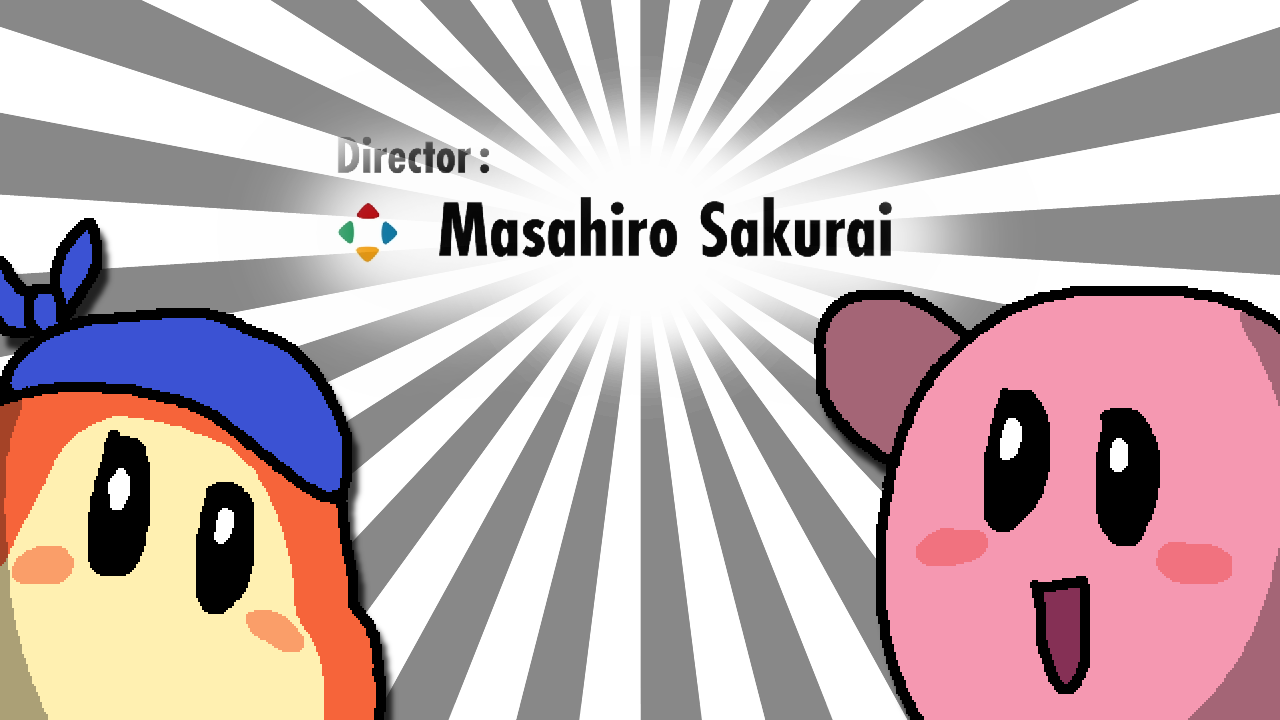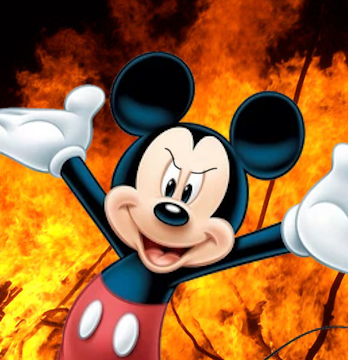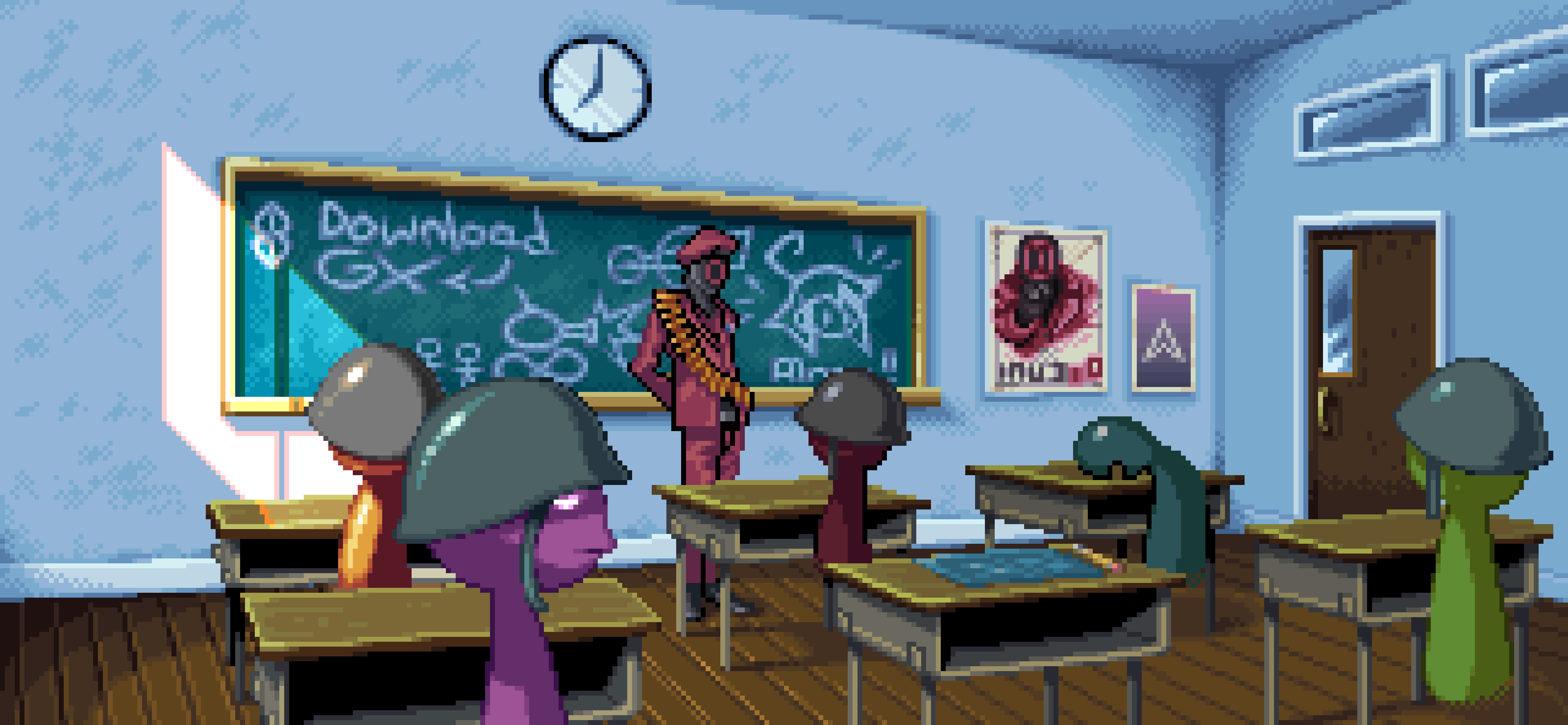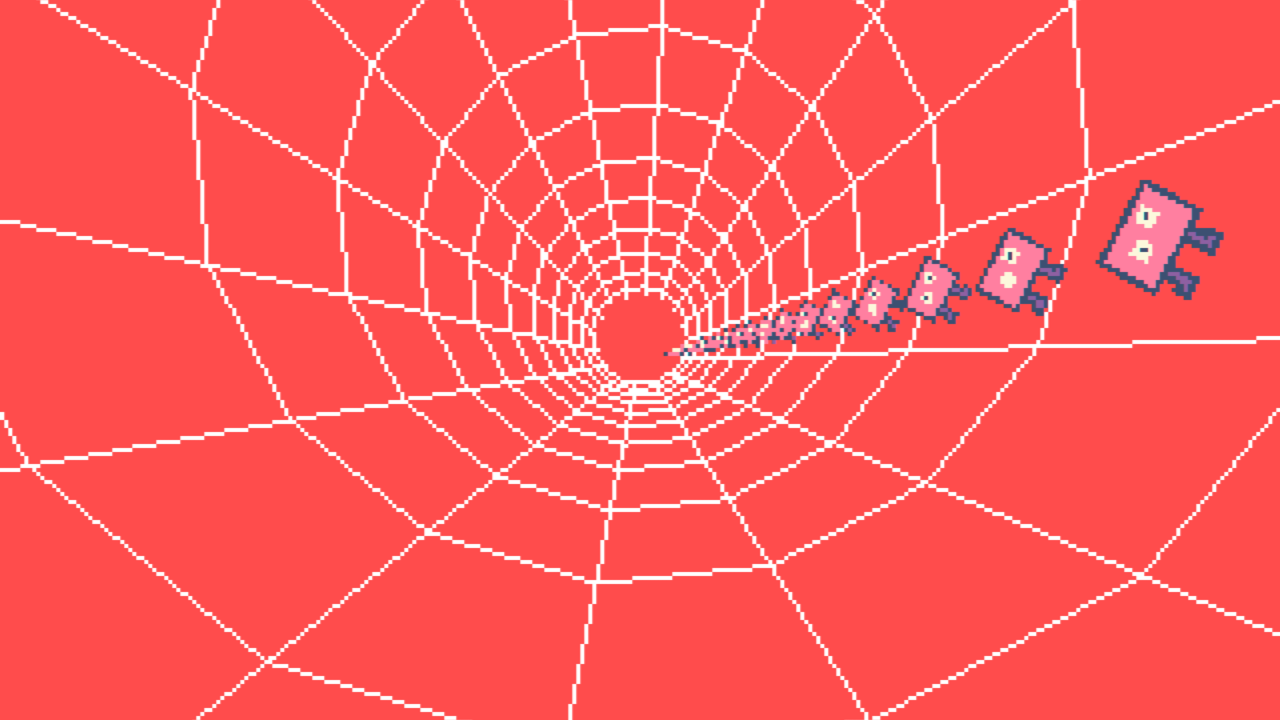
Games Are Made by Individuals
Why is it that you don't know that many directors for games?
Ever since the dawn of games, back when every console was called a Nintendo and when continuing from a game over cost a quarter and it wasn’t called a microtransaction, games have had a difficulty sharing the idea that games are in fact made by people. In the 80s and 90s, Japanese arcade games had an infamous unwritten rule that developers were not to be credited by their real names in the games to prevent competing companies from poaching talented developers. It’s not a situation too different from now, where devs don’t get credited on the games they worked on, except the competing companies aren’t willing to hire them even if they submitted an application.
That’s why it was nice to see Nintendo specifically highlight Masahiro Sakurai as the director for the new Kirby’s Air Raiders in a trailer which really showed fuck all from the game aside from a logo. Sakurai is one of the few individuals aside from maybe Shigeru Miyamoto or the late great Satoru Iwata who have enjoyed name recognition outside the really hardcore audiences in the realm of games. As some of the old guard is nearing the retirement age, it’s been worrying to follow whether or not new names will arise as equivalents of Spielberg or Lucas of the movie side (hopefully minus Lucas’ infamy post-prequels). So far the world has resisted that, but it wasn’t always so.
Once upon a time, back in the stone ages, also known as the late 2000s, games took a lot of influence from movies and especially prestige TV. This included highlighting the directors of the games. This included characters like Ken Levine, the creator of Bioshock, American McGee, the creator of - you'll never guess this one - American McGee's Alice. On the indie side there were Jonathan Blow, the creator of Soulja Boy’s all time favourite game, Braid, and Phil Fish, the creative and visionary behind the modern Twitter argument. At the time, it wasn’t uncommon to see names like those paraded around to showcase that the games would be exciting creatively driven game experiences.
Now, the backlash to a generation always comes, and unfortunately, the backlash to the 2000s came in the form of most of the aforementioned creatives being massive arsebiscuits and generally bigheaded egomaniacs. Also most of them never made games again. Including Jon Blow, The Witness is not a game.

Since the end of the 7th generation we’ve been sliding towards the realm of the Mouse, in which games are just known for the company they’re made by. Far Cry is a Ubisoft game. Mario is a Nintendo game. But it’s not like the corporation itself makes the game. The decisions that lead to a great (or terrible) game are always made by individual creatives.
This kind of corporate thinktank behaviour is what leads to the current world of games being little more than checklists of marketable features. It’s the kind of thinking that doesn’t let us understand why some games appeal to us and seem to make us feel or think something and why some don't.
The more savvy customers can and do dig out the names of creatives, and as such I'm sure this sentiment doesn't resonate with all the developer types reading this. The game industry has its own share of "creators' creators" who are big names to a very small group of people. But a peek behind the curtains is something that everyone benefits from, from creators to customers, and we've seen that in movies and games alike before. I think it's about time we start doing it again.
Share this post
If you like what you just read, share it with your friends or on social media!
Stay in touch!
Sign up for our newsletter to get monthly exclusive newsletter posts, and more!
Keep Reading

Distant Illusions Hits Gamescom (Again!)
What happens when you let three indie devs with questionable business acumen make games for a multi-million dollar corporation?

Is Bluesky Finally Dead?
idk man, maybe it's just you

The Rendering of Operius DX
Wait, a 3D game with GameMaker? Or is it 2.5D instead? 3D? 2.5D? 3D? 2.5D? I'm confused! WRAAH!!!
